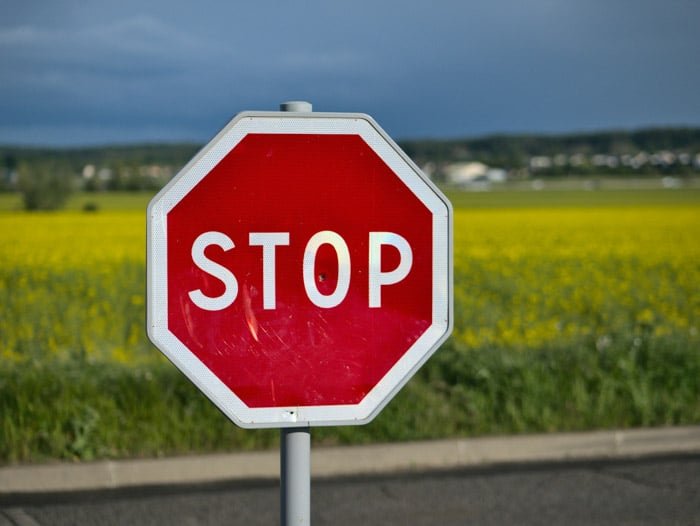Lack of clarity in regulatory guidelines on the Indonesian carbon credit market led to putting credit issuances on hold.
The issuances of 2021 vintage credits from the South Pole are on hold right now. Meanwhile, Verra, a renowned global carbon credit certifier, clarifies market regulations.
The South Pole is a big developer that creates carbon credits globally. The company said that the credits put on hold by the government are about a hydro project in North Sumatra.
Why Set Indonesian Carbon Credit Market On Hold?
The recent periods of approved Indonesian credit issuances cover vintages from 2017-2020. But the latest issuance for vintage 2021 is currently pending. Developers are waiting for further notice from Verra.
Market sources said that the government asked for Verra’s consent first before approval. Permission from other voluntary market standards is also called upon about credit issuances.
The Indonesian government has been taking steps in dealing with its voluntary carbon credit market.
It is also keen on overseeing carbon pricing and carbon finance activities in the market. This is in connection to its national climate goal.
Presidential Regulation No. 98 of 2021
In particular, Presidential Regulation No. 98 governs the implementation of carbon economic value (CEV).
This regulation was in response to the climate agreement reached during COP26 Conference in Glasgow. President Joko Widodo decided to make necessary tweaks to Indonesia’s climate plan.
Part of that decision is the intention to regulate the Indonesian carbon credit market in the future.
But that future seems to be today when market players are still in the dark about the regulation details.
The Impact of Delay on the Indonesian Carbon Market
The delay in the Indonesian carbon credit market is like the case of PNG’s suspension of credit deals. PNG government suspended new carbon credit projects while it’s still writing new rules.
Likewise, the Indonesian government is putting credit issuances in the country on hold. Though the regulation also covers cross-border trading, implementation details remain unclear.
And so, both project developers’ and buyers’ activities are under temporary constraints.
Some interested groups say that the regulatory adjustments may hamper market confidence.
Others are saying that the timing of changes and market hold-up is not good. It’s too early yet as the Indonesian carbon credit market needs more time to transition.
On the bright side, however, the government emphasized that credits are only on hold and not rejected.
Meanwhile, what project developers like the South Pole should do is continue their reporting to the SRN (national registry).
Once the rule is out and clear, the voluntary carbon market in Indonesia will be active again.
The Indonesian government has since confirmed the suspension of verifying certain carbon projects.

